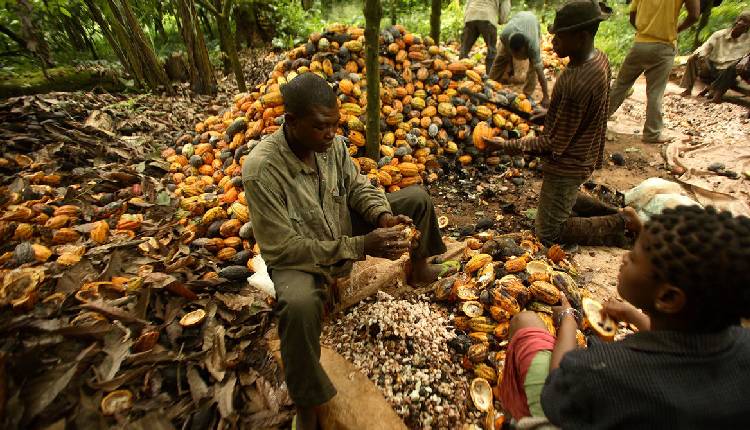The growing trend of deforestation in Liberia, driven by cocoa farmers from neighbouring Ivory Coast, poses a significant threat to European efforts to curb deforestation, Reuters reported on Monday citing a recent study by the Ivorian forest conservation group IDEF.
In pursuit of new land, farmers are deforesting Liberia to create cocoa plantations and smuggling the beans back into Ivory Coast, thereby jeopardising a forthcoming European Union law aimed at preventing deforestation.
This law aims to prevent agricultural commodities associated with deforestation from entering the European market.
Cocoa, along with other products like coffee, beef, and soy, falls under the purview of this regulation. Companies are required to demonstrate that their supply chains do not contribute to forest destruction. However, the increasing movement of cocoa farmers from Ivory Coast to Liberia could jeopardise these efforts.
Bakary Traore, IDEF’s executive director, warns that this trend is accelerating and could lead to a repeat of the widespread cocoa-driven clearances that have nearly eradicated Ivorian forest cover.
In 2022, Liberia lost approximately 150,000 hectares of natural forest. The country’s Forestry Development Authority has acknowledged the influx of cocoa farmers over the past three years and is preparing to take action.
Despite claims by companies to trace the origins of their supplies, the reality on the ground suggests otherwise.
The lack of robust oversight means that Liberian-grown cocoa, which is illegally trafficked and mixed with Ivorian supplies, could still find its way into the European market.
